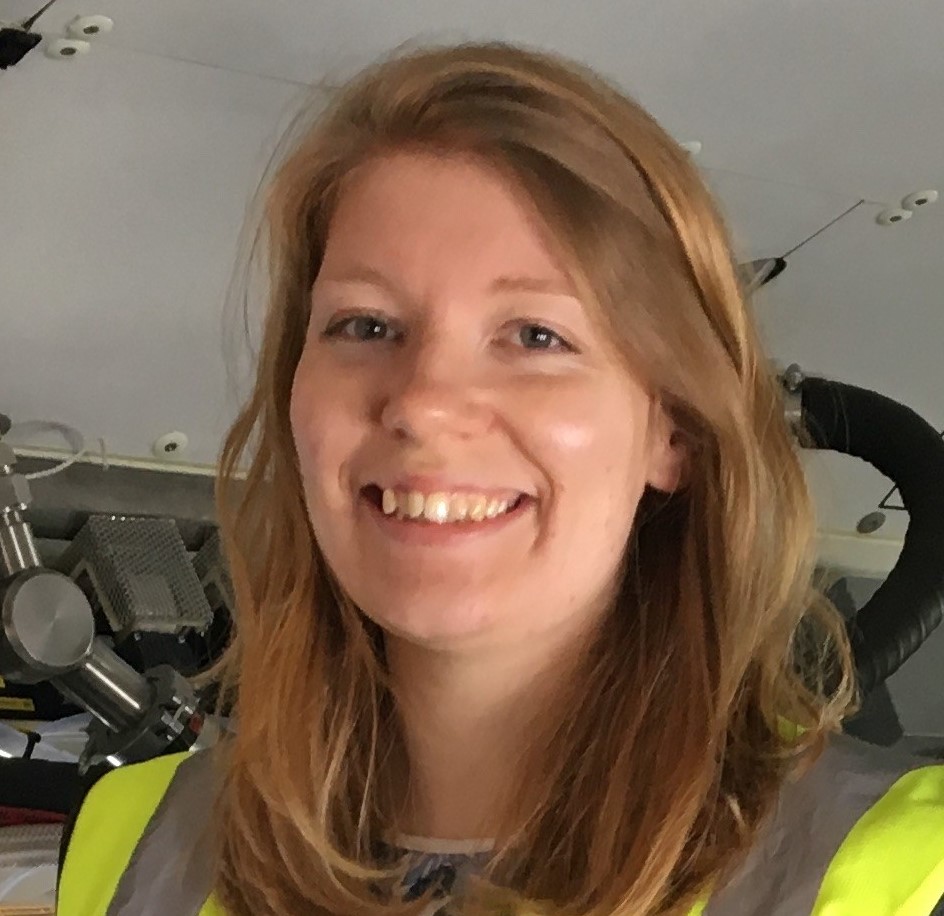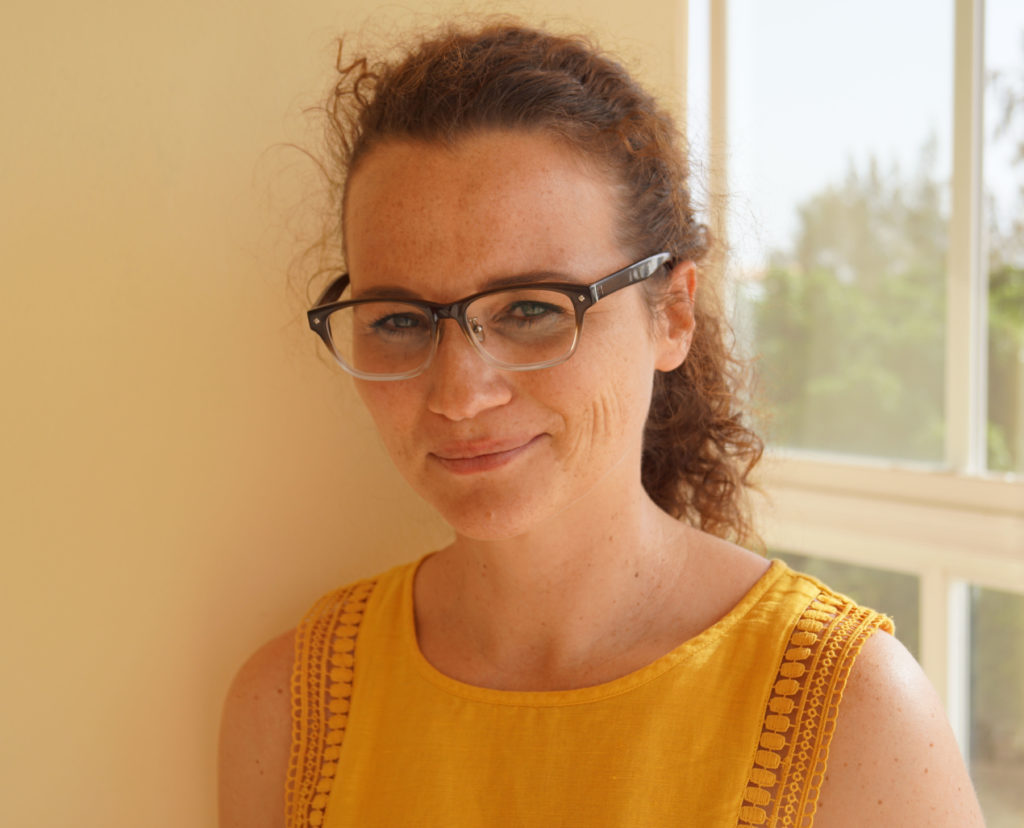Though women are often underrepresented in STEM disciplines, including climate science and meteorology, their contributions are critical to advancing weather forecasting science, capability and communication in communities around the world.
Launched in 2020 by water@leeds in partnership with Athena Swan teams at the University of Leeds, the annual Water Woman Awards were designed to recognise the outstanding scientific contributions of women and their power to inspire others.
Announced on 11 Feb in celebration of the UN International Day of Women and Girls in Science, this year’s recipients included two African SWIFT researchers, Dr Beth Woodhams and Dr Juliane Schwendike. Read more about their award-winning research contributions:
Dr Beth Woodhams – Award for Early Career Research

Lake Victoria in East Africa is the largest tropical lake in the world, and also one of the deadliest bodies of water on the planet, with an estimated 5,000 fatalities every year, many of which can be attributed to severe storms.
Given its significance, the Met Office chose Lake Victoria as the site for one of the first operational convection-permitting forecast models in a tropical region. In 2018, Beth performed a detailed verification of this model – the first assessment ever done of a tropical convection-permitting model over an extended period.
Through the use of super high-resolution modelling, Beth then simulated individual case studies of storms over the lake in exceptional detail, and identified some ways in which the circulation and associated convection can be modified under different synoptic conditions.
Later, in January 2019, the HyVic pilot flight campaign used an aircraft to observe the lake-land breeze circulation, including key features of interest identified in Beth’s published research. These flights provided an unprecedented observational dataset above the lake itself, and are being used to identify shortcomings in the models.
“Since watching the film ‘Twister’ at age 8, I knew that I wanted to research the weather and be a tornado chaser,” said Beth. “Although my research interests have led me away from tornados and towards tropical meteorology, when I took off in the research aircraft over Lake Victoria, I realised that I had indeed become a ‘weather chaser’ and felt such pride in all the work I had put in to get to that moment.”
Beth’s extraordinary research is a step towards saving lives on Lake Victoria by improving the prediction of severe weather, and increasing knowledge of storm processes to better understand and ameliorate model deficiencies.
Dr Juliane Schwendike – Award for Research Excellence

Over a number of years, Juliane has investigated climate dynamics of the tropics. Her research combines theoretical analysis of the global-scale circulations, and the dynamics of tropical cyclones.
Her theoretical work includes a practical methodology for explaining tropical circulation changes and is being used by scientists around the world to interpret climatic variability. In collaboration with the Met Office, her research on tropical cyclones is also helping to evaluate and understand the performance of operational tropical cyclone forecasts.
Juliane has built a new research group studying tropical cyclone dynamics. With students, postdocs and collaborators she is generating new research on the theoretical dynamics of cyclones, using state-of-the-art models to evaluate the theory, and collaborating with forecasting centres to improve their prediction systems. This research group has active collaborations with the Met Office and with overseas partners based in Australia and Southeast Asia.
“Juliane works with colleagues around the world, to solve challenges which affect everyone on the planet,” said African SWIFT Principle Investigator Prof Doug Parker, who nominated Juliane for the award.
“While the heart of her research is theoretical and computational, it has very direct and immediate application to the benefit of humankind. Current forecasting skills for tropical weather are poor, and our climate projections are very uncertain. Her work and her communication to weather forecasters is benefitting millions of people in many countries around the world.”
